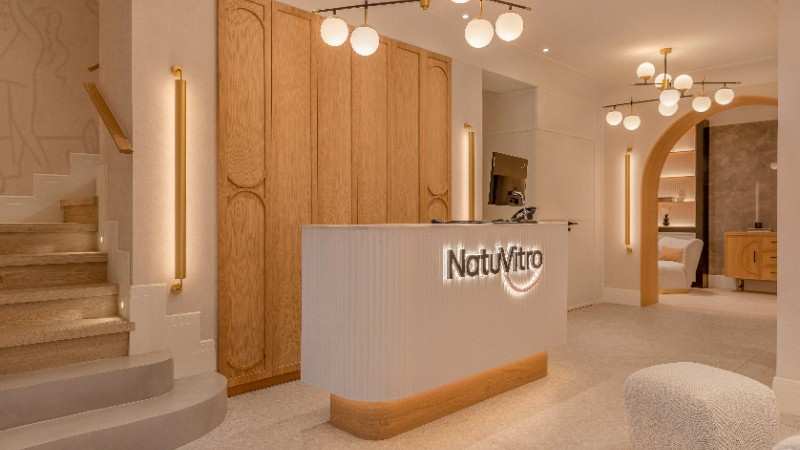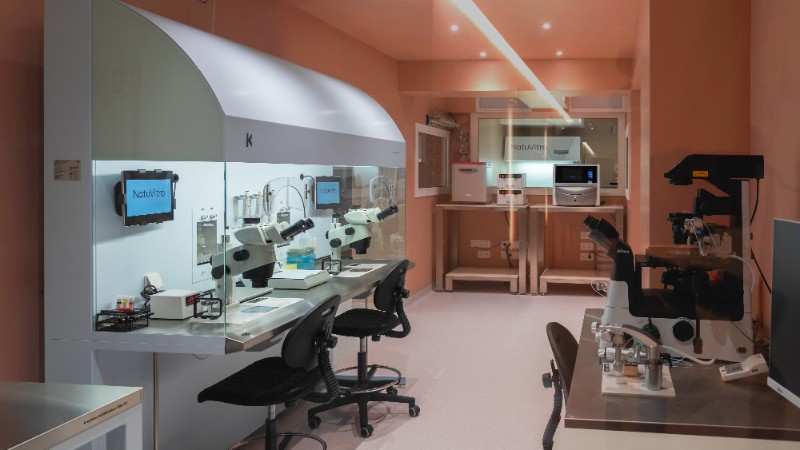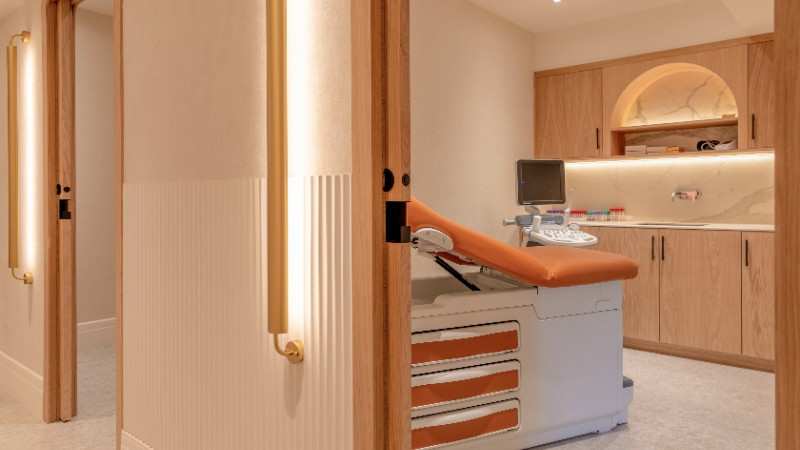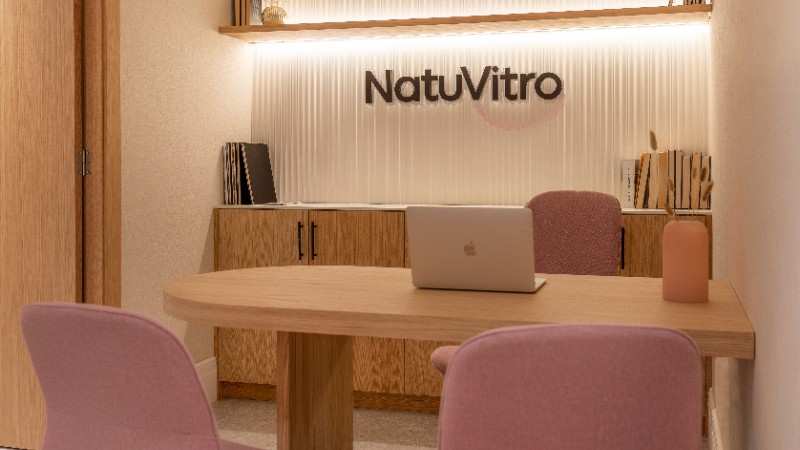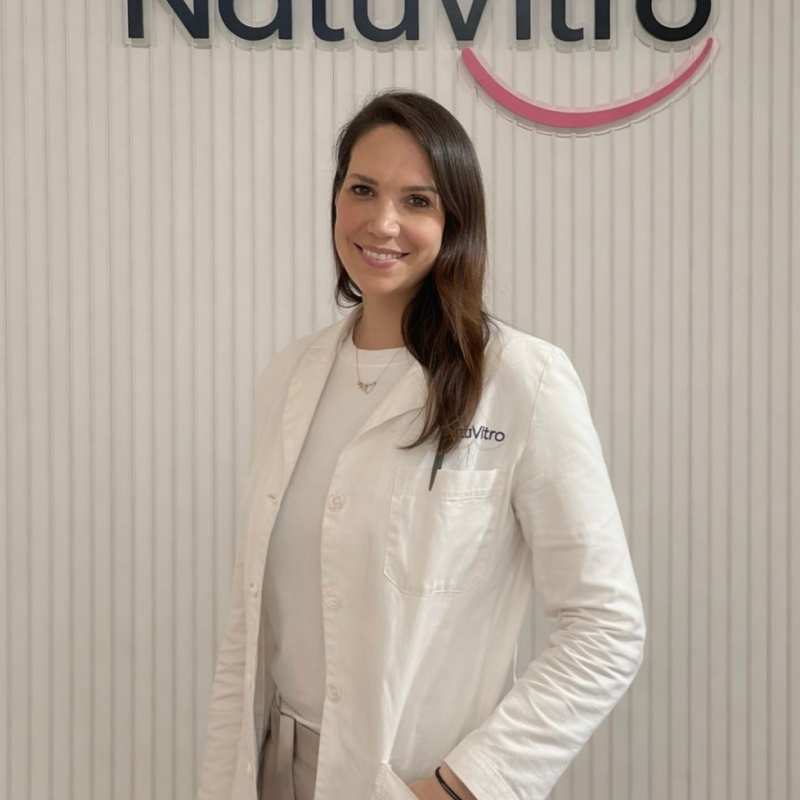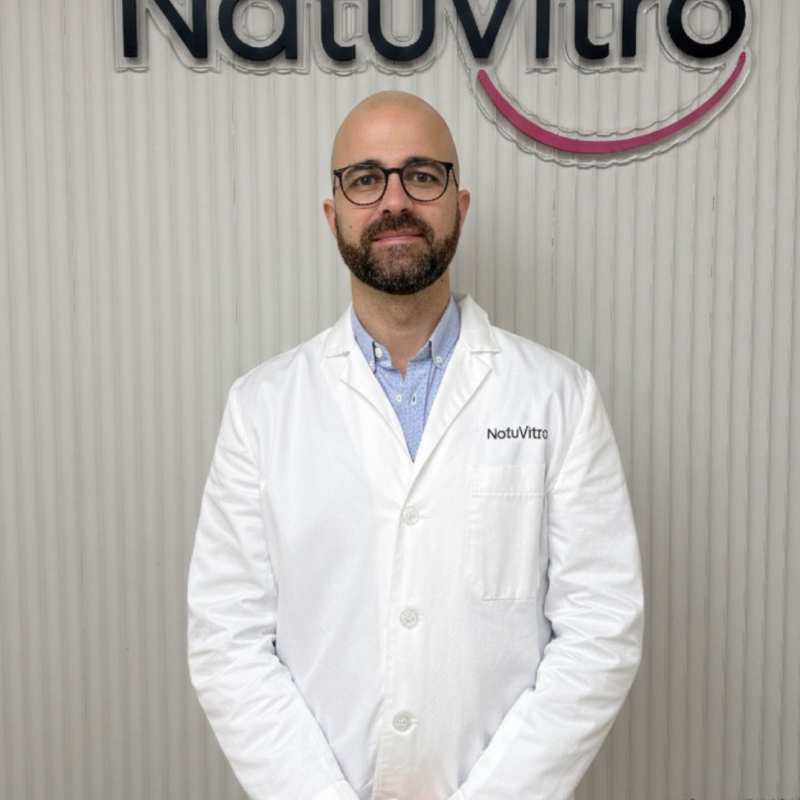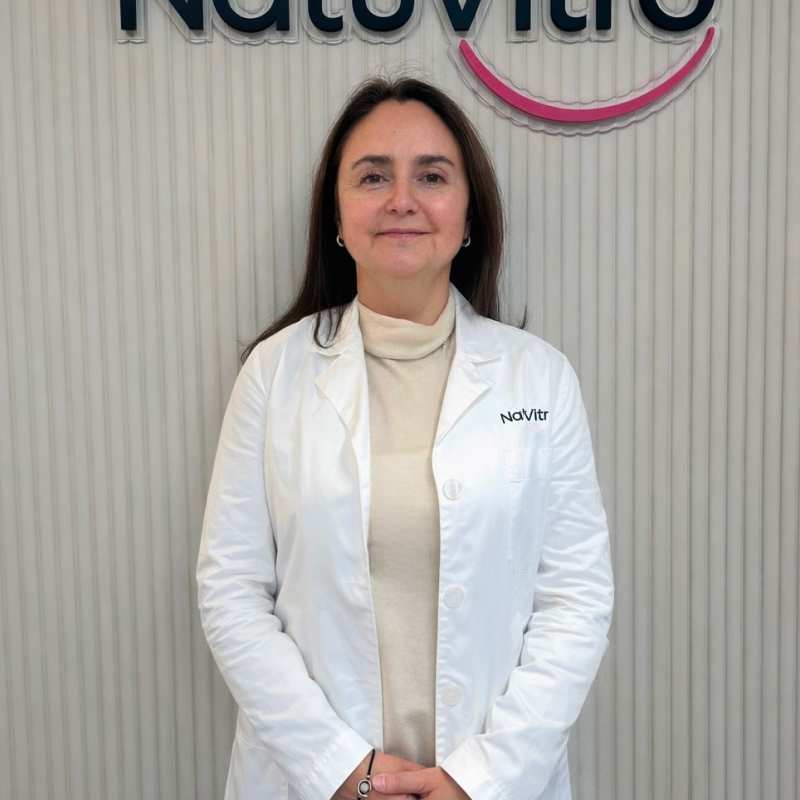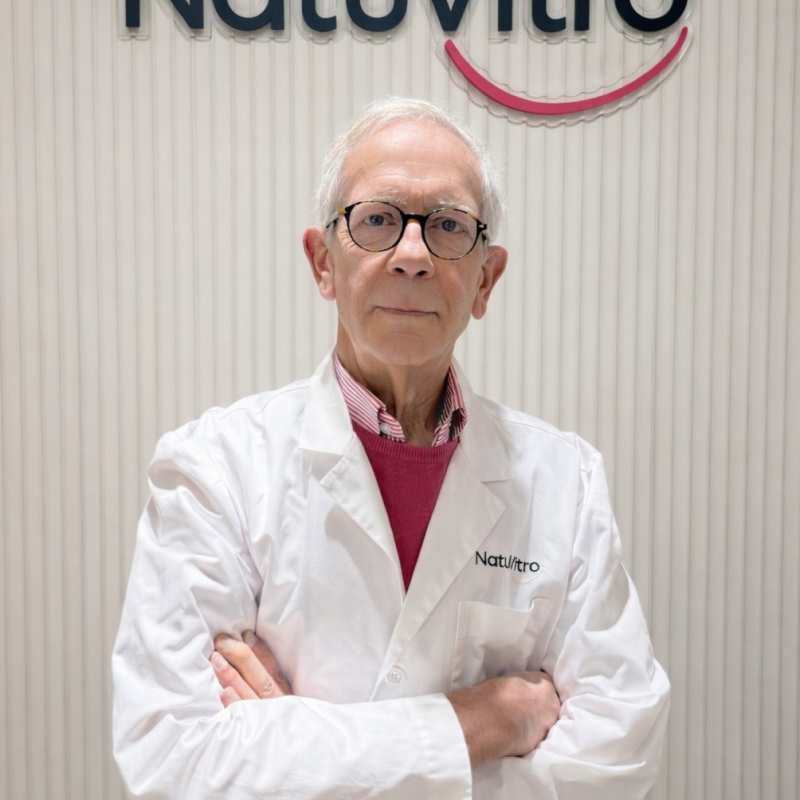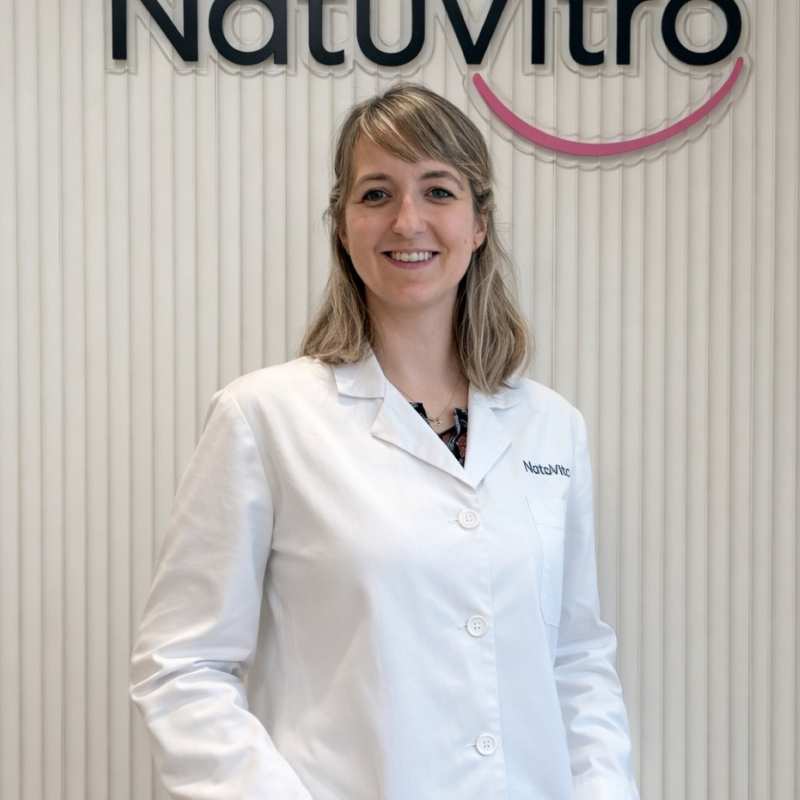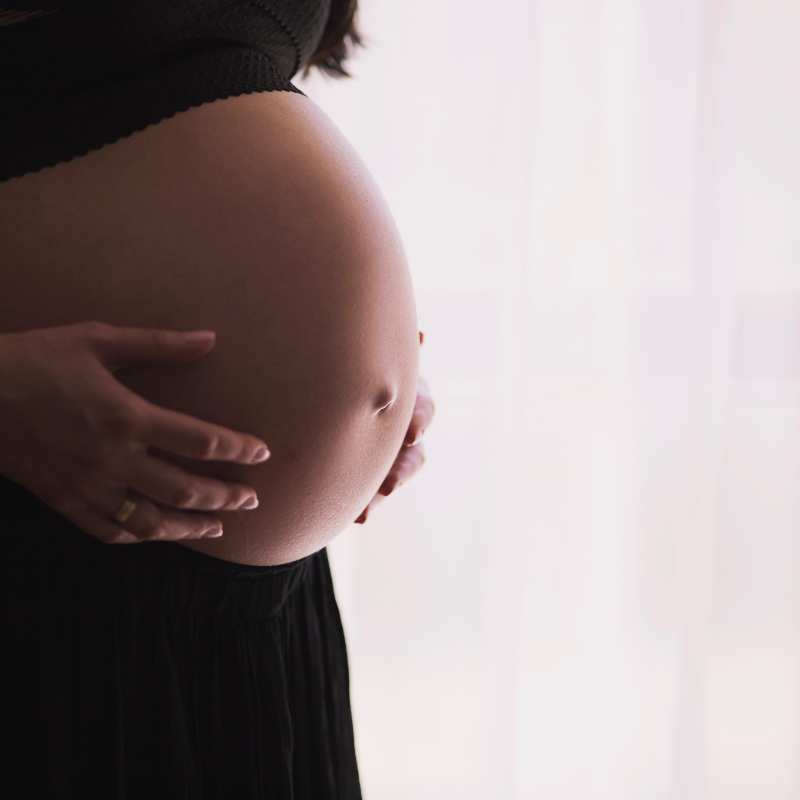
In which case you can apply for IVF with egg donation?
IVF with egg donation, also known as Donor Egg IVF, is a fertility treatment option primarily recommended in specific medical cases where a woman's own eggs are not suitable for conception. Here are some common medical scenarios in which IVF with egg donation might be considered:
- Premature Ovarian Failure (POF): When a woman experiences premature ovarian failure, her ovaries cease to function before the age of 40. In such cases, using her own eggs for IVF may not be possible, and donor eggs become a viable option.
- Diminished Ovarian Reserve: Some women have a reduced number of viable eggs due to age, genetics, or medical conditions. In cases of severely diminished ovarian reserve, using donor eggs can significantly improve the chances of a successful pregnancy.
- Genetic Disorders: If a woman carries a genetic disorder that she doesn't want to pass on to her child, she may choose to use donor eggs to avoid transmitting the genetic condition to her offspring.
- Recurrent IVF Failures: After multiple failed IVF attempts using the woman's own eggs, a fertility specialist might recommend donor eggs, as the quality or quantity of the patient's eggs may be a contributing factor to the unsuccessful pregnancies.
- Poor Egg Quality: Some women have eggs with poor quality, which can lead to miscarriages or failed implantation. Donor eggs from a healthy, younger donor can increase the chances of a successful pregnancy.
- Advanced Maternal Age: As women age, the likelihood of chromosomal abnormalities in their eggs increases. Donor eggs from a younger, healthier donor can reduce the risk of genetic issues and improve the chances of a successful pregnancy, particularly for women over 40.
- Surgical Removal of Ovaries: Women who have had their ovaries removed due to medical conditions, such as ovarian cancer, may require donor eggs to conceive.
- Unexplained Infertility: In cases where the cause of infertility is not identified through standard diagnostic tests, or when all other treatments have failed, IVF with donor eggs may be considered as a last resort.
It's important to note that IVF with egg donation can be an emotionally and ethically complex decision for individuals or couples. The choice to use donor eggs should be made after careful consideration, and it's recommended to consult with a fertility specialist who can provide personalized guidance based on your specific medical history and needs.
If you are considering IVF with egg donation, it's essential to have open and honest discussions with your healthcare provider, a reproductive endocrinologist, or a fertility counselor to fully understand the implications and the process involved.
How does our clinic choose a donor for IVF with egg donation?
Clinics that offer IVF with egg donation follow a thorough and carefully regulated process when selecting egg donors. Here's a main steps of how clinics typically select egg donors.
Donors are generally required to be under a certain age, often around 37 years old or younger. This age limit is based on the fact that egg quality and quantity tend to decline as women age. Younger donors typically have healthier and more viable eggs.
Donors undergo a comprehensive health evaluation. This assessment includes hormonal, infectious, and genetic screening to ensure that they are in good health and free from transmissible diseases. It's essential to protect the health of both the donor and the recipient.
If the donor has not yet procreated, there may be an option to retain some of her eggs for her own potential future use. This precautionary measure safeguards the donor's fertility in case she encounters fertility challenges later in life and needs assisted reproductive technologies herself.
We are also conduct psychological assessments to ensure that donors are emotionally prepared for the donation process. This evaluation helps identify any potential psychological concerns or issues.
The recipient or the recipient's partner may have preferences for certain traits in the donor, such as physical characteristics, ethnicity, or educational background. The clinic will try to match these preferences as closely as possible.
In many countries, including Spain, egg donation is typically anonymous. This means that the recipient usually doesn't have access to the donor's personal information, and the donor doesn't have access to information about the recipient. The focus is on the medical and genetic compatibility.
Donor selection must adhere to local and national laws, ethical guidelines, and the clinic's own policies. These considerations vary from place to place and may include consent processes, legal documentation, and the protection of the rights of all parties involved.
It's important to note our clinic take their role in the egg donation process very seriously and work diligently to ensure the safety and well-being of both donors and recipients. This meticulous selection process is designed to maximize the chances of a successful pregnancy and protect the health and interests of all parties involved.
If you're considering IVF with egg donation, I recommend consulting with a fertility specialist in our reputable fertility clinic in Spain. We can provide you with specific information about our donor selection criteria and the steps involved in the process.
What is the process of IVF with egg donation treatment?
The donor is stimulated with gonadotropins for 10 to 14 days, then her eggs are punctured. The eggs collected in this way are fertilized by the sperm of the partner (or possibly a donor – in this case, it is called Double Donation IVF ) in the laboratory. The embryos thus created are cultured in vitro for several days. After several days of culture (in principle 3 to 5 days) one or more quality embryos, depending on the age of the recipient, is/are transferred into her uterus.
Carried out during a first consultation, this step is essential to address all questions, including that of contraception. The donor must sign a donation consent form, as well as the other member of the couple, if the donor lives as a couple. The evaluation of the donor's state of health includes the study of her family history and clinical and biological examinations. This assessment allows us to better understand the donor's fertility and to eliminate any contraindication to donation.
For the donor and possibly the other member of the couple, if the donor lives as a couple, this interview represents a free time to speak and conducive to reflection on the donation process in a neutral setting (neither family nor friends) and personalized . The interview with the psychologist or psychiatrist of the medical team is recommended and can be repeated on request.
Donation process lasts 10 to 12 days. It allows the maturation of several oocytes. It is generally carried out by the donor herself or by a nurse using daily subcutaneous injections. Most often, this stimulation phase is preceded by one or more injections to put the ovaries to rest.
During the stimulation period, 3 to 4 blood tests and/or ovarian ultrasounds make it possible to assess the good response to the treatment. The stimulation is thus adapted gradually. This monitoring also makes it possible to set the day and time of the last injection which completes the maturation of the oocytes.
Ovocyte collection is the last step of the donation. It takes place during a one-day hospitalization, 35 to 36 hours after the last injection. It is carried out vaginally under ultrasound control and under analgesia or anesthesia. The donor can then leave the hospital, provided she is accompanied. After collection, the oocytes are fertilized or frozen via the vitrification method.
The recipient receives treatment aimed at preparing her uterus so that it is ready to carry out the transfer. If the uterine mucosa is judged to be of satisfactory thickness by ultrasound control, the process can continue. We warn the couple that they must come to do the transfer, so there is very little time to organize the trip.
This is done in two stages:
- Preparation of the endometrium (via hormonal treatment to be taken orally or vaginally)
- Transfer of the embryos obtained as soon as the endometrium is ready (approximately 8mm in size). The transfer is quick and painless for the recipient. All that remains is to wait for the result of the pregnancy test.
Why you should do IVF with egg donation treatment in Spain?
Embarking on the journey of IVF with egg donation can be a significant decision for couples facing fertility challenges. While this path may seem daunting, there are compelling reasons why you should consider undergoing IVF with egg donation in Spain. This choice not only offers a viable solution but also presents numerous advantages that make it a worthy option. Let's delve into the benefits of choosing this path:
Abundance of Donors
One of the primary concerns for couples considering IVF with egg donation is the availability of donors. In some regions, there's a severe lack of egg donors, leading to extended waiting times and uncertainty up to 3 years. However, Spain has taken proactive steps to address this issue, with a steady supply of willing and healthy donors. This abundance of donors greatly reduces waiting times, increasing your chances of finding a suitable match.
Rigorous Screening
Donors in Spain undergo extensive medical assessments, including hormonal, infectious, and genetic evaluations. This rigorous screening ensures that the donated eggs are of the highest quality and carry minimal risk. With these thorough assessments, you can have confidence in the health and suitability of the donor's eggs.
Legal Clarity
Spain has well-established and comprehensive legal regulations governing egg donation. This legal framework provides clarity and security for all parties involved. If you're part of a couple, the legal requirements are transparent, ensuring that you and your partner can navigate the process with confidence.
Supportive Infrastructure
Our clinic can proud a strong medical infrastructure for fertility treatments. Natuvitro are renowned for their expertise and state-of-the-art facilities. This ensures that you'll receive high-quality medical care throughout your IVF journey.
Cost-Efficient Option
While IVF treatments can be costly, our clinic offers a cost-efficient option compared to many other countries. Additionally, Social Security in France may partially support couples who opt for IVF with egg donation abroad, helping to alleviate some of the financial burden.
Short Waiting Times
In NatuVitro, the waiting times for IVF with egg donation are notably shorter, with many couples experiencing waiting periods of only a few months. This means that you can progress in your fertility journey more swiftly, especially if time is a crucial factor for you.
Language Accessibility
Our fertility clinic in Spain have multilingual staff, making it easier for international patients to communicate effectively throughout the process.
The combination of these factors has made NatuVitro a sought-after destination for IVF with egg donation. The supportive legal framework, ample donor pool, and efficient medical infrastructure create an environment where couples can navigate the complexities of fertility treatments with confidence.
It's important to consult with our reputable fertility expert to understand the specific details of the process and how it applies to your unique situation. This well-rounded approach, coupled with the benefits mentioned above, makes us an appealing choice for those embarking on the path of IVF with egg donation.
What is the success rate of IVF with egg donation treatment in Spain?
The success rate of IVF with egg donation treatment at NatuVitro is notably high. This exceptional success rate can be attributed to several key factors that contribute to the clinic's reputation for excellence in assisted reproduction.
NatuVitro carefully selects young and healthy egg donors, ensuring that the oocytes used in the IVF process are of exceptionally high quality. The youth and thorough screening of these donors contribute to the success of the treatment, surpassing what might be achievable with one's own eggs.
The clinic employs cutting-edge technology, such as the Embryoscope Flex®, to create a stable and controlled environment for monitoring embryo development. This innovative approach involves micro cameras that capture valuable images of each embryo's progress. These images play a crucial role in determining the optimal timing for embryo transfer or vitrification, ultimately maximizing the chances of a successful pregnancy.
NatuVitro prides itself on offering personalized treatment and attentive care to every patient. Their team of experts combines state-of-the-art technology with a deep commitment to providing individualized support. This personalized approach ensures that the treatment plan is tailored to meet the specific needs of each patient, ultimately increasing the likelihood of success.
Holistic Approach to Fertility, the clinic acknowledges the unique challenges faced by couples striving to conceive, and they take a holistic approach to fertility treatment. NatuVitro not only offers advanced medical solutions but also addresses lifestyle and environmental factors that can impact fertility, promoting a comprehensive approach to reproductive health.
NatuVitro boasts state-of-the-art facilities equipped with cutting-edge technology, ensuring that patients have access to the latest advancements in assisted reproduction. Their commitment to technological excellence extends to their laboratory, which has achieved a 100% Volatile Organic Compounds-free certification.
The clinic's team of professionals has extensive experience, with many of them having honed their expertise in prestigious IVF centers. This wealth of experience is channeled into providing exceptional care, which is a hallmark of NatuVitro's approach.
Spain is known for having a robust legal framework for assisted reproduction. NatuVitro adheres to Spanish legislation, ensuring the legal protection of patients throughout the entire journey, from unlimited blastocyst culture to oocyte and sperm donation.
Our impressive success rate in IVF with egg donation is a testament to their dedication to quality care, advanced technology, and a comprehensive approach to fertility treatment. With a focus on personalized support, a team of passionate experts, and a commitment to the highest standards, NatuVitro provides a reassuring and effective environment for those pursuing the dream of parenthood.
How and where to apply for IVF with egg donation treatment?
Are you ready to take the first step towards realizing your dream of becoming a parent? At NatuVitro, we are here to support you on this incredible journey. Our world-class fertility clinic offers cutting-edge IVF with egg donation treatment and a team of dedicated experts ready to guide you.
Benefit from our high success rates, thanks to the quality of our donor eggs and state-of-the-art technology.
Your journey to parenthood begins with a simple step – reach out to NatuVitro. Don't let challenges stand in the way of your dream. Contact us today to apply for IVF with egg donation treatment and start your remarkable path to parenthood.
Your future family is waiting, and we're here to help you bring it to life.
Our experts are ready to examine your case history, clarify your choices, and address every question you have.
Don't wait to make informed decisions – your personalized guidance awaits!
- Spain (España)+34
- France (La France)+33
- Italy (Italia)+39
- United Kingdom+44
- United States+1
- Belgium (België)+32
- Switzerland (Schweiz/Suisse)+41
- Germany (Deutschland)+49
- Netherlands (Nederland)+31
- Afghanistan (افغانستان)+93
- Albania (Shqipëri)+355
- Algeria (الجزائر)+213
- American Samoa+1
- Andorra+376
- Angola+244
- Anguilla+1
- Antigua and Barbuda+1
- Argentina+54
- Armenia (Հայաստան)+374
- Aruba+297
- Ascension Island+247
- Australia+61
- Austria (Österreich)+43
- Azerbaijan (Azərbaycan)+994
- Bahamas+1
- Bahrain (البحرين)+973
- Bangladesh (বাংলাদেশ)+880
- Barbados+1
- Belarus (Беларусь)+375
- Belize+501
- Benin (Bénin)+229
- Bermuda+1
- Bhutan (འབྲུག)+975
- Bolivia+591
- Bosnia and Herzegovina (Босна и Херцеговина)+387
- Botswana+267
- Brazil (Brasil)+55
- British Indian Ocean Territory+246
- British Virgin Islands+1
- Brunei+673
- Bulgaria (България)+359
- Burkina Faso+226
- Burundi (Uburundi)+257
- Cambodia (កម្ពុជា)+855
- Cameroon (Cameroun)+237
- Canada+1
- Cape Verde (Kabu Verdi)+238
- Caribbean Netherlands+599
- Cayman Islands+1
- Central African Republic (République centrafricaine)+236
- Chad (Tchad)+235
- Chile+56
- China (中国)+86
- Christmas Island+61
- Cocos (Keeling) Islands+61
- Colombia+57
- Comoros (جزر القمر)+269
- Congo (DRC) (Jamhuri ya Kidemokrasia ya Kongo)+243
- Congo (Republic) (Congo-Brazzaville)+242
- Cook Islands+682
- Costa Rica+506
- Côte d’Ivoire+225
- Croatia (Hrvatska)+385
- Cuba+53
- Curaçao+599
- Cyprus (Κύπρος)+357
- Czech Republic (Česká republika)+420
- Denmark (Danmark)+45
- Djibouti+253
- Dominica+1
- Dominican Republic (República Dominicana)+1
- Ecuador+593
- Egypt (مصر)+20
- El Salvador+503
- Equatorial Guinea (Guinea Ecuatorial)+240
- Eritrea+291
- Estonia (Eesti)+372
- Eswatini+268
- Ethiopia+251
- Falkland Islands (Islas Malvinas)+500
- Faroe Islands (Føroyar)+298
- Fiji+679
- Finland (Suomi)+358
- French Guiana (Guyane française)+594
- French Polynesia (Polynésie française)+689
- Gabon+241
- Gambia+220
- Georgia (საქართველო)+995
- Ghana (Gaana)+233
- Gibraltar+350
- Greece (Ελλάδα)+30
- Greenland (Kalaallit Nunaat)+299
- Grenada+1
- Guadeloupe+590
- Guam+1
- Guatemala+502
- Guernsey+44
- Guinea (Guinée)+224
- Guinea-Bissau (Guiné Bissau)+245
- Guyana+592
- Haiti+509
- Honduras+504
- Hong Kong (香港)+852
- Hungary (Magyarország)+36
- Iceland (Ísland)+354
- India (भारत)+91
- Indonesia+62
- Iran (ایران)+98
- Iraq (العراق)+964
- Ireland+353
- Isle of Man+44
- Israel (ישראל)+972
- Italy (Italia)+39
- Jamaica+1
- Japan (日本)+81
- Jersey+44
- Jordan (الأردن)+962
- Kazakhstan (Казахстан)+7
- Kenya+254
- Kiribati+686
- Kosovo+383
- Kuwait (الكويت)+965
- Kyrgyzstan (Кыргызстан)+996
- Laos (ລາວ)+856
- Latvia (Latvija)+371
- Lebanon (لبنان)+961
- Lesotho+266
- Liberia+231
- Libya (ليبيا)+218
- Liechtenstein+423
- Lithuania (Lietuva)+370
- Luxembourg+352
- Macau (澳門)+853
- North Macedonia (Македонија)+389
- Madagascar (Madagasikara)+261
- Malawi+265
- Malaysia+60
- Maldives+960
- Mali+223
- Malta+356
- Marshall Islands+692
- Martinique+596
- Mauritania (موريتانيا)+222
- Mauritius (Moris)+230
- Mayotte+262
- Mexico (México)+52
- Micronesia+691
- Moldova (Republica Moldova)+373
- Monaco+377
- Mongolia (Монгол)+976
- Montenegro (Crna Gora)+382
- Montserrat+1
- Morocco (المغرب)+212
- Mozambique (Moçambique)+258
- Myanmar (Burma) (မြန်မာ)+95
- Namibia (Namibië)+264
- Nauru+674
- Nepal (नेपाल)+977
- New Caledonia (Nouvelle-Calédonie)+687
- New Zealand+64
- Nicaragua+505
- Niger (Nijar)+227
- Nigeria+234
- Niue+683
- Norfolk Island+672
- North Korea (조선 민주주의 인민 공화국)+850
- Northern Mariana Islands+1
- Norway (Norge)+47
- Oman (عُمان)+968
- Pakistan (پاکستان)+92
- Palau+680
- Palestine (فلسطين)+970
- Panama (Panamá)+507
- Papua New Guinea+675
- Paraguay+595
- Peru (Perú)+51
- Philippines+63
- Poland (Polska)+48
- Portugal+351
- Puerto Rico+1
- Qatar (قطر)+974
- Réunion (La Réunion)+262
- Romania (România)+40
- Russia (Россия)+7
- Rwanda+250
- Saint Barthélemy+590
- Saint Helena+290
- Saint Kitts and Nevis+1
- Saint Lucia+1
- Saint Martin (Saint-Martin (partie française))+590
- Saint Pierre and Miquelon (Saint-Pierre-et-Miquelon)+508
- Saint Vincent and the Grenadines+1
- Samoa+685
- San Marino+378
- São Tomé and Príncipe (São Tomé e Príncipe)+239
- Saudi Arabia (المملكة العربية السعودية)+966
- Senegal (Sénégal)+221
- Serbia (Србија)+381
- Seychelles+248
- Sierra Leone+232
- Singapore+65
- Sint Maarten+1
- Slovakia (Slovensko)+421
- Slovenia (Slovenija)+386
- Solomon Islands+677
- Somalia (Soomaaliya)+252
- South Africa+27
- South Korea (대한민국)+82
- South Sudan (جنوب السودان)+211
- Spain (España)+34
- Sri Lanka (ශ්රී ලංකාව)+94
- Sudan (السودان)+249
- Suriname+597
- Svalbard and Jan Mayen+47
- Sweden (Sverige)+46
- Syria (سوريا)+963
- Taiwan (台灣)+886
- Tajikistan+992
- Tanzania+255
- Thailand (ไทย)+66
- Timor-Leste+670
- Togo+228
- Tokelau+690
- Tonga+676
- Trinidad and Tobago+1
- Tunisia (تونس)+216
- Turkey (Türkiye)+90
- Turkmenistan+993
- Turks and Caicos Islands+1
- Tuvalu+688
- U.S. Virgin Islands+1
- Uganda+256
- Ukraine (Україна)+380
- United Arab Emirates (الإمارات العربية المتحدة)+971
- Uruguay+598
- Uzbekistan (Oʻzbekiston)+998
- Vanuatu+678
- Vatican City (Città del Vaticano)+39
- Venezuela+58
- Vietnam (Việt Nam)+84
- Wallis and Futuna (Wallis-et-Futuna)+681
- Western Sahara (الصحراء الغربية)+212
- Yemen (اليمن)+967
- Zambia+260
- Zimbabwe+263
- Åland Islands+358
Visit our clinic
Location
Call us now
Leave a message
